What went wrong with 13 Reasons Why’s final season
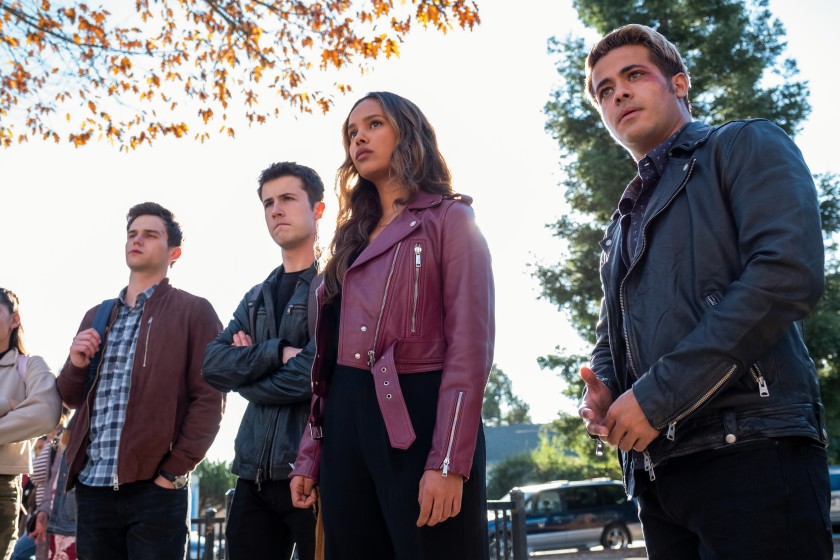
Warning: this piece contains spoilers.
13 Reasons Why was a game-changer that helped reinvent teen drama. Gone was the glossiness of The OC or the exaggerated melancholy of One Tree Hill. In their place, we were presented with real and raw characters who immediately felt well-rounded and believable, thanks to the strong writing of the first season and the stellar performances of its impressive cast. Tackling teen suicide was a brave move, and the ensuing controversy that prompted a vital scene being edited and disclaimers inserted ahead of each episode only inflated the well-warranted fanfare surrounding the show.
Season one had solid source material to draw from in Jay Asher’s YA novel of the same name and we were gifted with a consistent and coherent run of episodes that tackled weighty themes but did so in an accessible and utterly engaging way. Intelligent storytelling and compelling performances made it a standout show unlike anything else on the small screen.
Season two marked a departure from the novel and many were left wondering how Hannah Baker could feature or how the series could even go on now that all 13 tapes had been listened to. Like that difficult second album bands often struggle with, season two felt a little lost and disjointed. Riding high off the back of its predecessor, though, it was again the well developed and believable characters that allowed the series to continue its success. Somewhat of a mess and lacking the direction of the first series, it did set up the story for a back-to-form third season. The Bryce Walker whodunit murder mystery was well thought out and brilliantly executed and is perhaps the series where characters such as Jess and Alex really came into their own.
Season three concluded with the entire gang looking at portraits Tyler had taken and presented in the only coffee shop in town, Monet’s. Mulling over the fact that they’d almost survived high school with just one year to go, this was a rare scene: the entire group appeared happy and content. With the show’s antagonist Bryce deceased, it looked like the series had reached its natural end and it felt like a satisfyingly poignant point to stop. Cue season four, sigh.
By now the series had become a shadow of its former self. The first and final seasons seem like completely different shows. Yes, we have invested in these characters and want to see them graduate, but how much more crap can you throw at Clay and Justin to name just two characters? The series was lacking a central arc with only Clay’s mental health driving the main narrative thread. A prevalent and important issue, of course, however the show’s treatment of this subject veered more towards the stereotypical depictions of mental health we never imagined we’d see on 13 Reasons Why. A lot more could have been explored here but sadly it felt like we were simply going through the motions.
There were a number of cliff hangers in the series that were never paid off in the following episodes, rendering them gimmicky and cheap. In fact, this was the first time the series felt in any way condescending towards its loyal audience. There was a lack of coherency, with each episode feeling more self-contained and simply there to tick a box. We had Clay losing his virginity: tick. A dramatic car crash, which left Clay without even a scratch and served no real story purpose. We had a “teens lost in the woods” horror-inspired episode and even a “school shooting”. It seemed all ideas had been exhausted and by the time Jess led an epic school protest we were beyond caring.
Ani was a contentious character from the off since, out of the blue, taking over as narrator in season three. The actress even had to delete her social media accounts after a torrent of abuse from fans. Season four succeeded in making the character more accessible, although being a late arrival, she was never going to receive the same attention as the main players. Evidently the show did not learn from their season three mistake as Winston, much like Ani, was clearly a plot device more than he was ever a character in his own right. How were we supposed to believe he loved Monty when they had literally shared a couple of episodes together and more importantly, why should we be expected to care?
There was a missed opportunity with Alex, who this season discovered his sexuality and entered a relationship with sweet jock Charlie. Although some time was spent exploring Alex’s mixed feelings as he tried to work out his identity, this is a subject that could easily have become central to the series. Alex is a day one character. We’ve seen him go from a suicide attempt to murder, all the while remaining someone we really root for. He and his story deserved more time and attention. By the end of season four, the fact that it’s okay to be gay and diversity should be embraced was well and truly hammered home. With Alex and Charlie, Winston and (the ghost of) Monty and even the Dean of Discipline revealing he has a husband, the point became laboured and again felt like a box-ticking exercise.
Perhaps the biggest mistake of season four was the culmination of Justin Foley. Justin was on the first tape and we’ve seen him transform from enemy of Clay to best friend. It’s one of the most enjoyable character arcs of the series and again a pertinent issue in drug addiction and homelessness was tackled with this complex character. Brandon Flynn was one of the standout actors of the entire series and his scenes with the exceptional Alisha Boe as Jess always oozed convincing and compelling chemistry. To diagnose and then kill off the character in just one episode is unforgivable. Again, this kind of story is important and rarely told on such a platform and was deserving of far more time and attention. It was glossed over and rushed. Had it been set up more effectively, Justin’s final scenes would have had far more of an impact.
With Bryce and Monty appearing throughout season four as visions in Clay’s mind, it was a shame that he wasn’t able to share any dialogue with Hannah. Katherine Langford’s character made a short and sweet cameo but it felt like a wasted opportunity not to have her and Clay converse, even briefly, although this may have been down to Langford’s busy schedule. In many ways, Hannah’s reappearance only served to remind us of just how far the show had fallen from its initial heights. On the plus side, Clay’s impassioned graduation speech embodied everything the show was about and it was somewhat satisfying seeing these characters mature and depart high school. We also had some eye candy in Diego – a positive addition to the main cast who it would have been nice to have met sooner.
13 Reasons Why conveyed countless important and timely messages to a predominantly adolescent audience. With its diverse cast and its open exploration of bullying, rape, suicide, sexuality, drug abuse, depression, anxiety and mental health, it is undeniably a worthy addition to the classics canon of teen drama. The irony is that like many teens, it, unfortunately, lost its way.
Jonathan Marshall



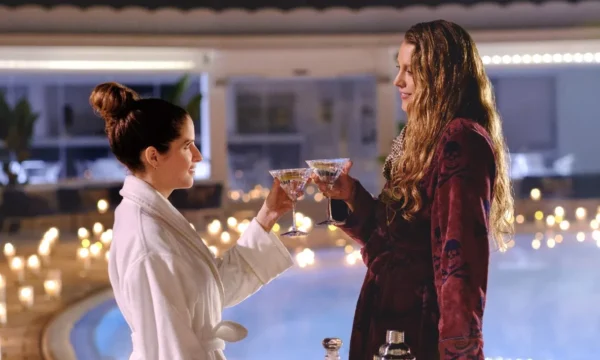
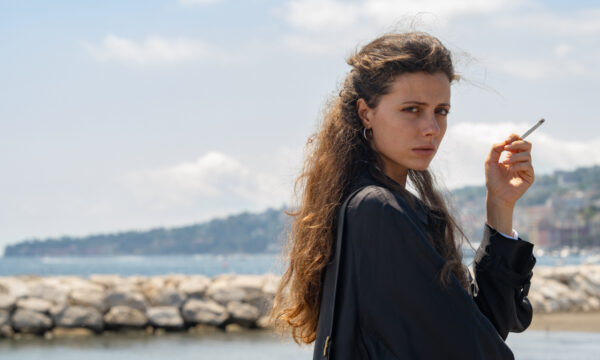


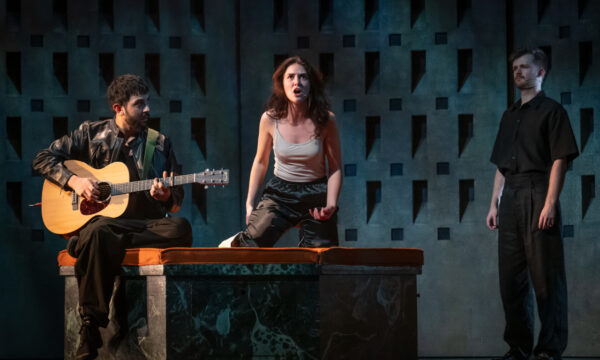
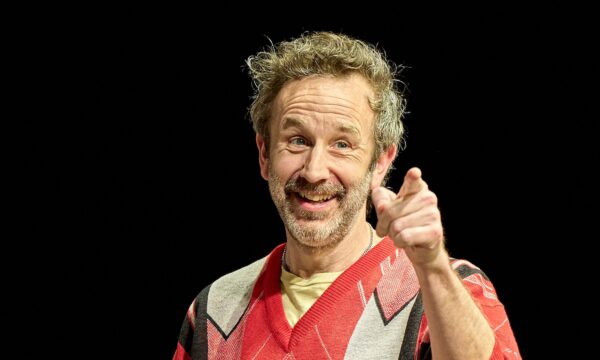









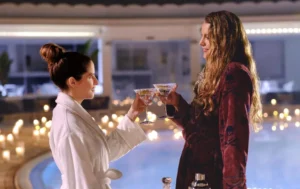






Facebook
Twitter
Instagram
YouTube
RSS